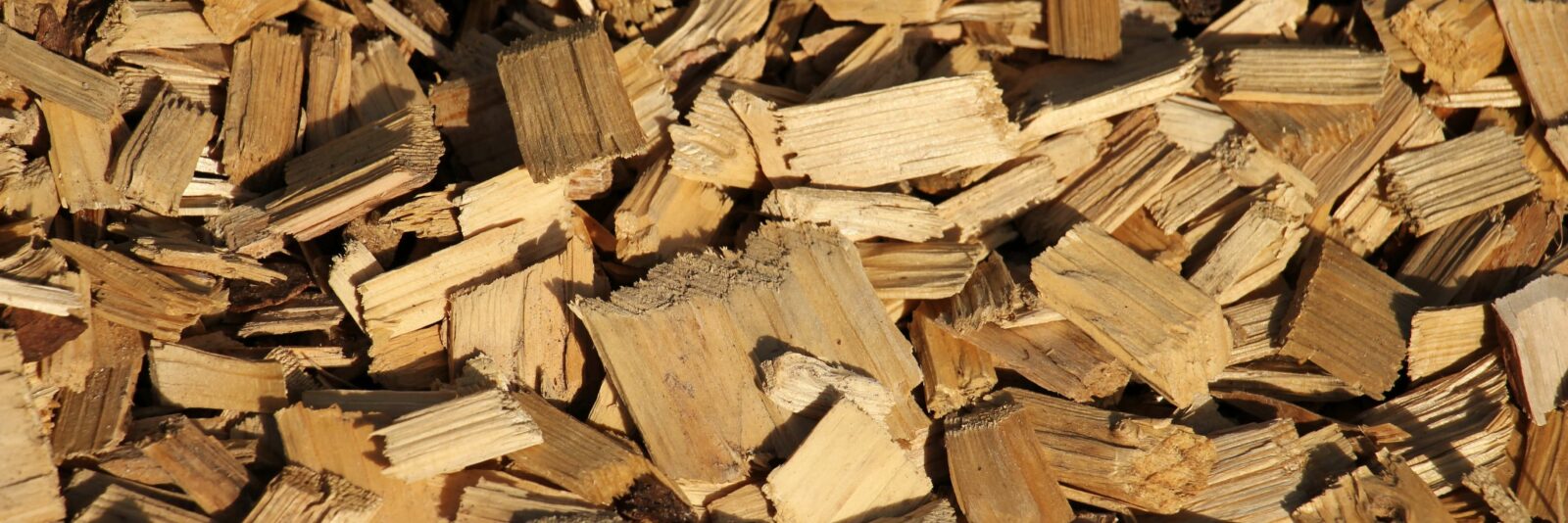The use of biomass and waste streams as raw materials for chemical production is of crucial importance in achieving full circularity with regard to the production of everyday products and materials. This is why the development of highly efficient catalytic technologies is indispensable; not only to facilitate these challenging transformations but also the large-scale processing of these new types of raw materials in the most energy-efficient way possible. At ARC CBBC, we are developing new chemical concepts to accelerate the transition towards a more sustainable use of raw materials. In addition, we aim to develop new chemical concepts using new types of raw materials.
ARC CBBC creates the chemical building blocks of tomorrow
Fossil fuels (and other limited natural resources) urgently need to be replaced with renewable resources, such as biomass. Waste streams (such as plastics and carbon dioxide emissions) should also be reintegrated into the production cycle as raw materials and, as such, comprise a durable supply of feedstock for the bulk chemical industry.
Our research with regard to the feedstock transition focuses on:
- The use of carbon dioxide and methane: These can be used as feedstock molecules and converted into value-added products such as carbon materials and chemical building blocks for the manufacturing industry.
- The conversion of biomass into new materials: This involves materials such as waterborne coatings and smart materials.
- The recycling of plastic materials: This is a promising solution for waste treatment and a potential new source of feedstock. New chemical technologies will enable the conversion of plastic wastes into sustainable fuels and platforms molecules for the chemical industry.
- The development of circular chemical processes: We are using experimental and computational chemistry to design the large-scale production of future raw materials.
